Tivadar Puskás is said to have thought during an opera performance in Paris in 1881 about how great it would be if many people could hear this performance at the same time. The technology was already there, but nobody put the elements together. The phone service that already existed at the time, albeit in its infancy, was given, and although it was spreading around the world, at first everyone could only imagine it as a communication link between two people. Only some technical development was necessary to create a new communication service on the existing foundations.
Tivadar Puskás came up with the great idea that the same transmission could be broadcast simultaneously through a network similar to a telephone. Puskás was not unfamiliar with the telephone, as he worked in the telephone business and established centres in several European cities on behalf of Edison's company. (According to Edison, the idea of the telephone exchange itself was also Puskás'.)
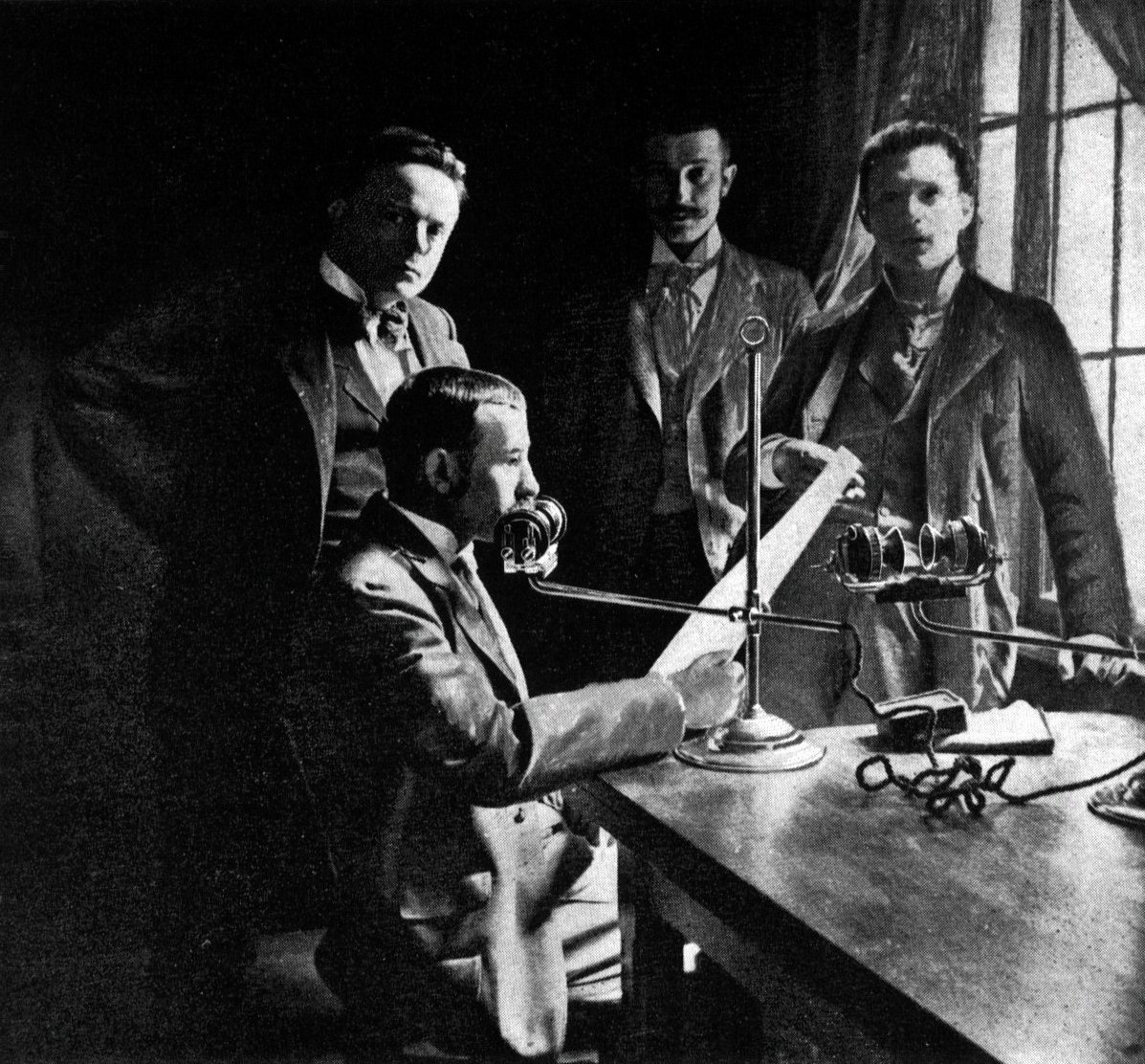
The editorial office of the Telephone Herald (Photo: Wikipedia)
The idea finally came to fruition in 1892, when Puskás submitted his patent application for the structure that was later called the telephone herald [telefonhírmondó in Hungarian], and was named "telephone newspaper" then. He applied not only in Hungary, but also in Germany, England, the United States, Canada, Mexico and Australia, but apart from Budapest, it was only registered in the latter two places, i.e., Mexico and Australia.
After a short trial period for subscribers in Budapest, the service was officially launched on 15 February 1893. They broadcast news, stock market information and weekend opera performances. In the early days, the editorial office was located at 6 Magyar Street. The Gazdasági Mérnök newspaper reported on the new system in its issue of 15 February 1893:
"[...] it is in its nature that this company is only successful if it is the very first in terms of news, that is, no more than 12 hours pass between the minute it happens and the broadcast of the news. That is why it gives the most important value fluctuations of the stock market every 5 minutes. It gives short notice about the National Assembly during its term. Draws of the lottery are announced immediately, and the results of competitions during the race. In short, every event that happens on this earth is immediately reported to the listener. Under the leadership of the four editors, there are also the capital's best newspaper writers, who organise the events into a page and read them out hour by hour in Hungarian and German as many times as the sequence of events fits into one hour. The reason why the news is in telegraphic style is that, due to their short length, they can be read several times in an hour, because it would be difficult to bind the listener to a certain time, but it is left to his liking, because at any point of the hour if he puts the receiver to his ear, he will always hear the same thing that is prescribed for that hour.”
The service cost 1.50 HUF per month. Interestingly, Puskás had the patent rights to the business, but not the license. No one knew how to authorise this type of operation. Let us think about how revolutionary this service was. Although with the spread of telegraph lines, the speed of the spread of news became different from the speed of people's travel (until then it was only possible in special cases, for example, to convey news faster with semaphores or fire signals), large crowds could not be informed in their homes, a few minutes after the events took place. The person was either on the spot, for example at the stock exchange or the parliament, or anywhere else, or had to wait for the newspapers to be published in the evening or the next morning.
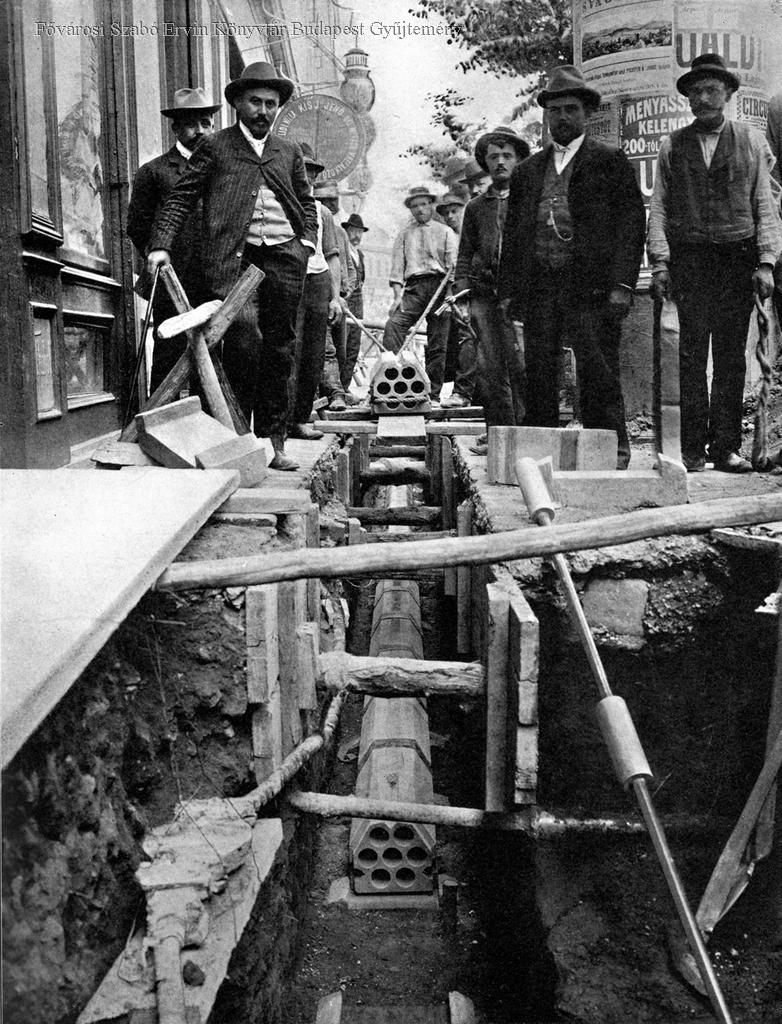
Laying of telephone cables in the capital in 1908. The big idea lay in the use of telephone lines for other purposes (Photo: FSZEK Budapest Collection)
But on 15 February 1893, all that changed, it became possible to send the news to thousands or even tens of thousands of people at once. It is natural that until now there was no regulation for this, however, the establishment and operation of the telegraph office, telephone and electric signals were among the rights reserved by the state, therefore prior permission had to be requested for their establishment. The license was important not only because it regulated the legal operation, but also because it gave the company the exclusive right to provide such services in Budapest.
The license was only received at the end of the year, on 3 December 1893, by the owners of Telephone Herald PLC. However, not the inventor-founder Tivadar Puskás got it, because he died of a heart attack on 16 March 1893, at the age of just 48, so the license was issued to his brother, Albert Puskás.
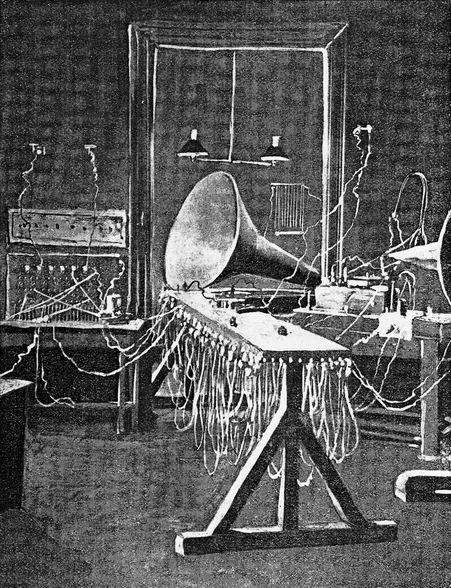
Experimental design of the Telephone Herald (Wikipedia, Postal Museum)
In the end, the issued license was for 25 years, but it was not exclusive, so other companies could have initiated the construction of their own network. The license - which was published in the 12 December 1893 issue of Budapesti Közlöny - regulated in detail the method of establishing the lines, but also stipulated that domestic raw materials must be used primarily for the construction of the network. Operation and control were also discussed in detail, the broadcasts had to be recorded in some way, and had to be presented to the representatives of the government. In addition, paragraph 16 stated:
"The licensee is obliged to connect one of the lines of the equipment of the "Telephone-Herald" in Budapest for inspection to the prosecutor's office, as well as to the state police headquarters of the capital, free of charge and at their own expense; in addition, in both places, the installed line in the central office of the "Telephone-Herald" should be equipped with listening devices suitable for listening to spoken or machine-spoken communications and musical sounds, also free of charge and at their own expense."
Only a person with the consent of the Minister of Trade could be appointed as a business manager, and the police had to be notified of the employees. The news and announcements could only be read if they were written down in advance, the written copies were signed by the manager, and had to be sent to the authority afterwards.
The Telephone Herald only operated in Budapest, it was not successful internationally. However, the company operated relatively well in the capital, and in 1925, Telephone Herald PLC also started domestic radio broadcasts. The residential telephone herald service was finally discontinued after 50 years, in 1943.
Cover photo: The editorial office of the Telephone Herald (Photo: Wikipedia)

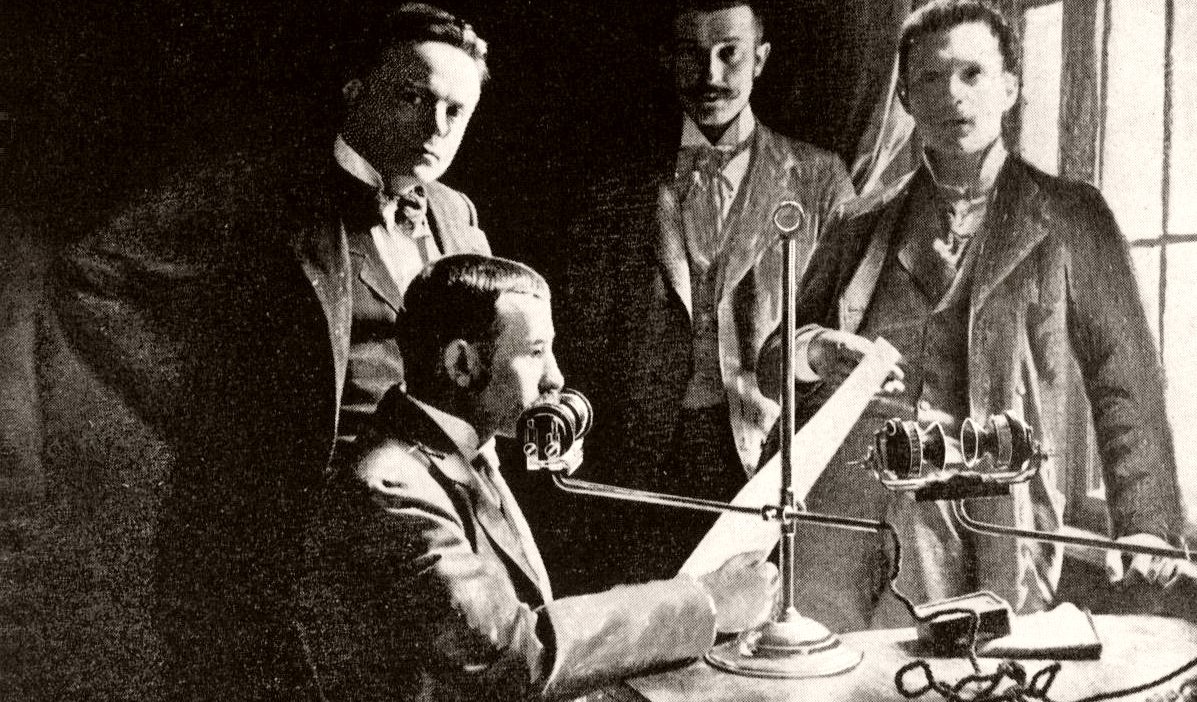
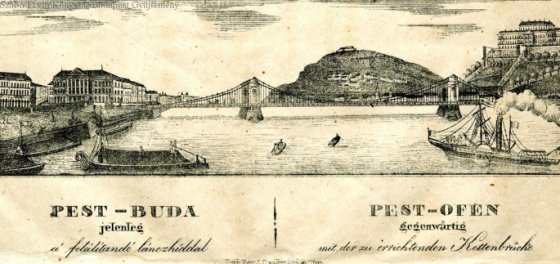
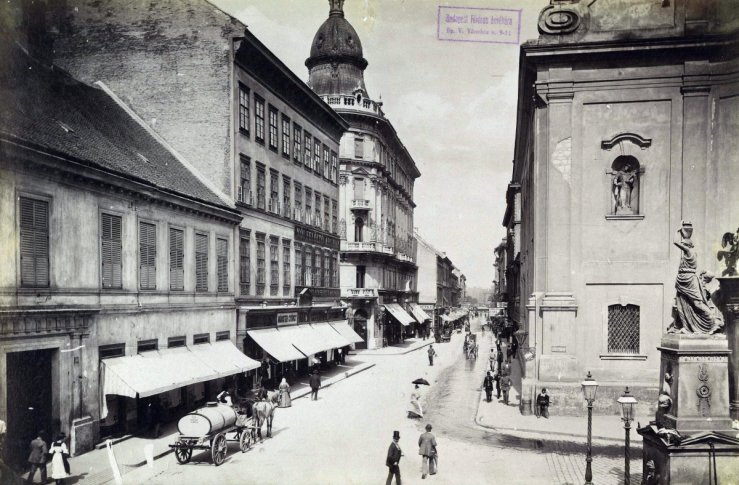
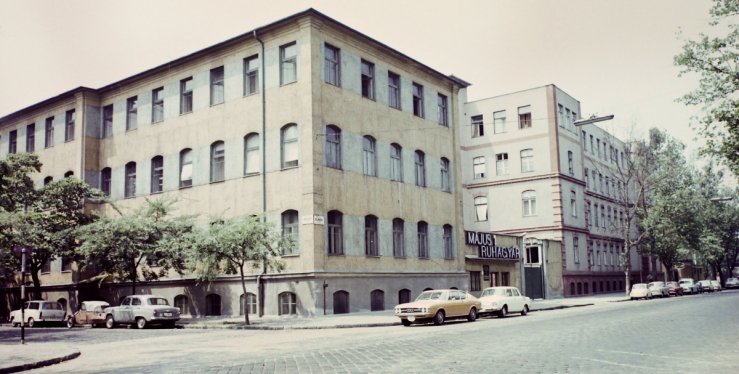
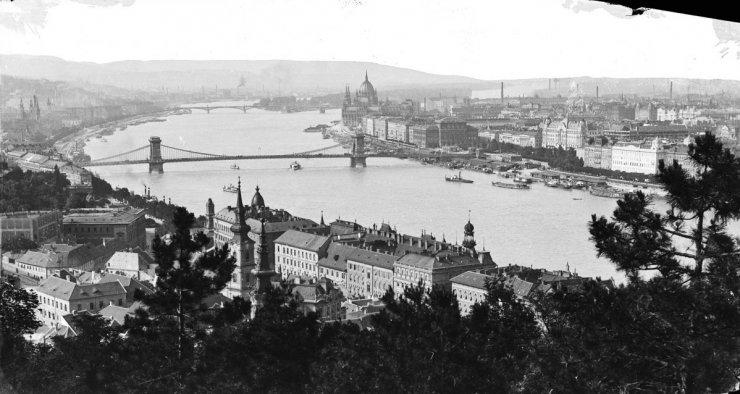

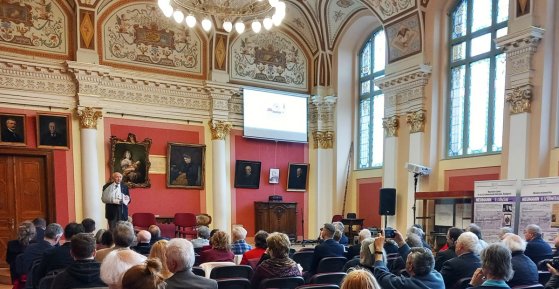
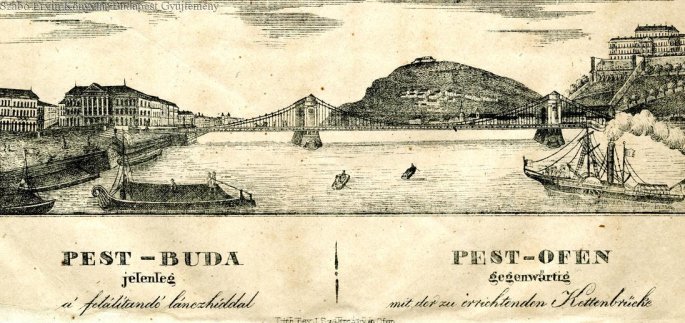

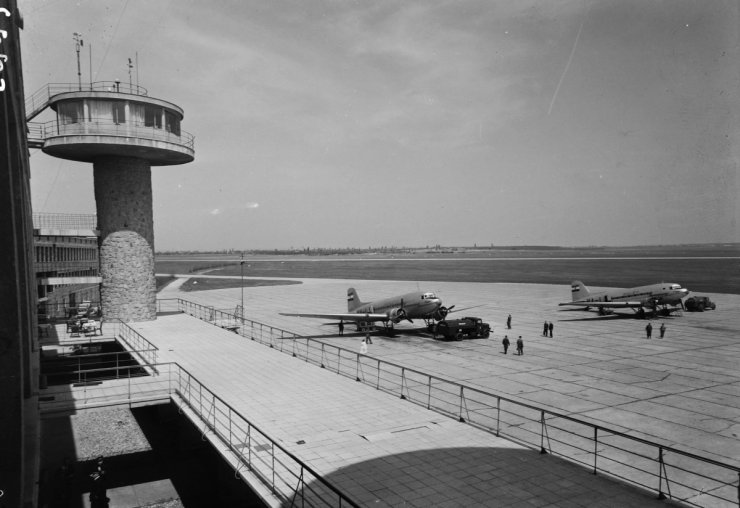
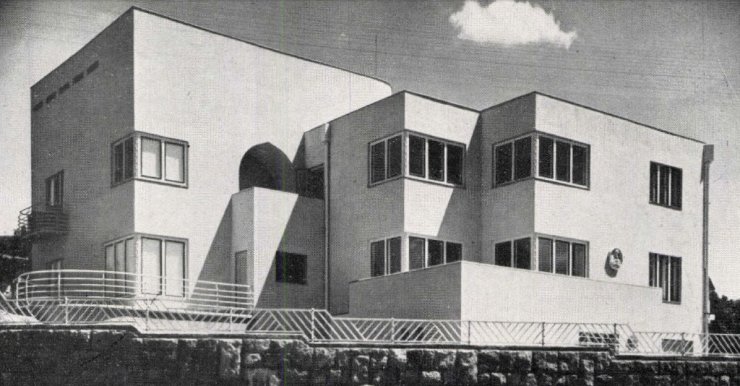
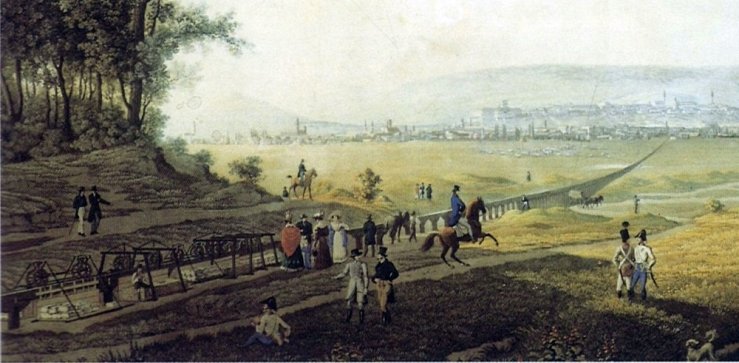


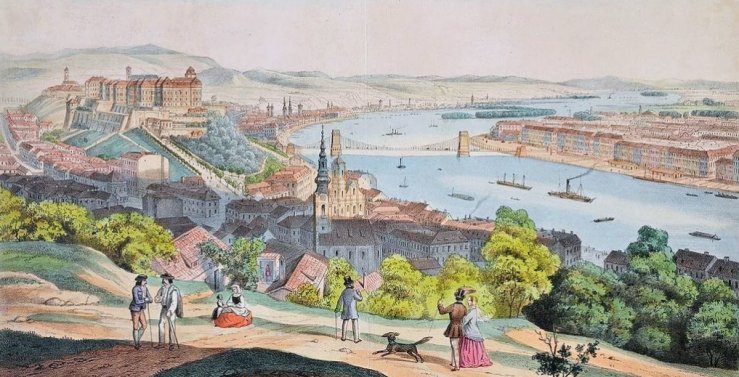

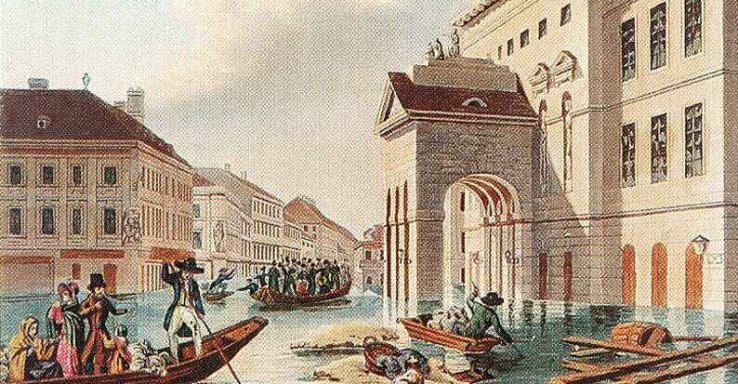
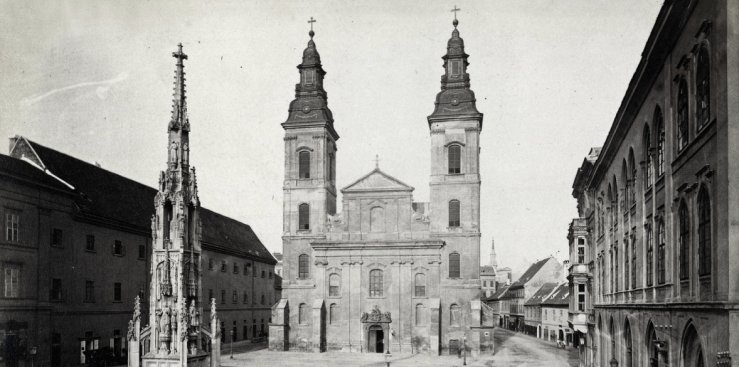
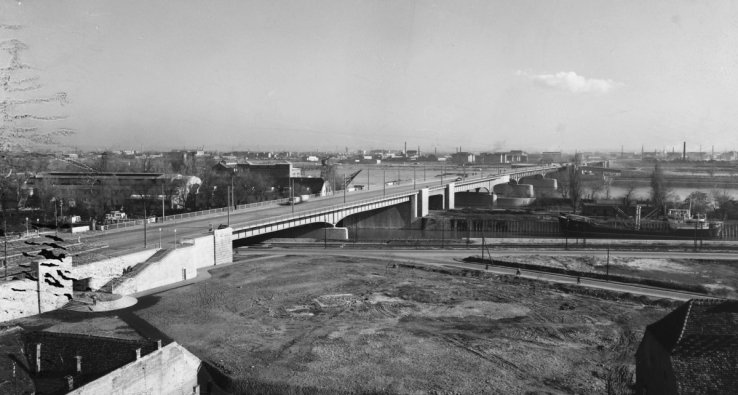
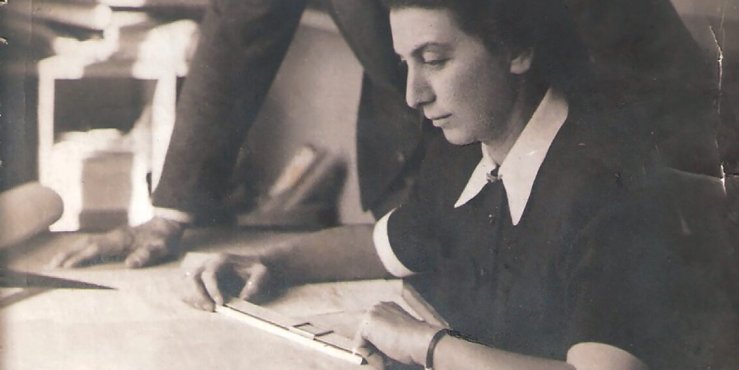
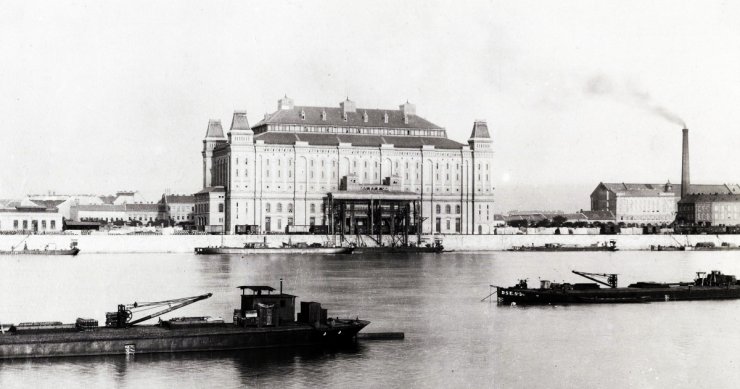
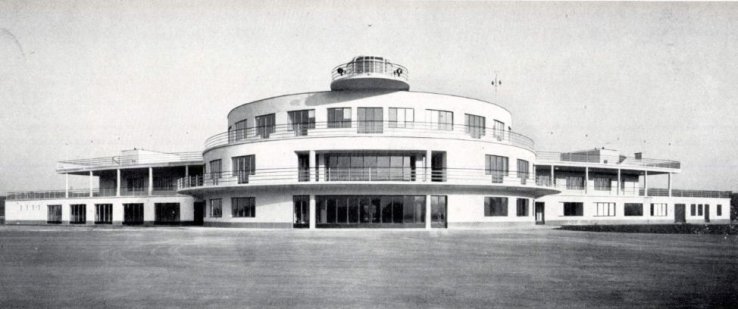
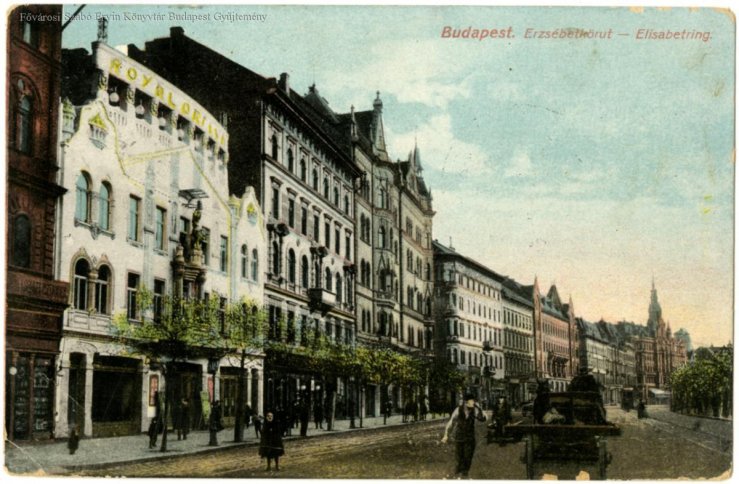
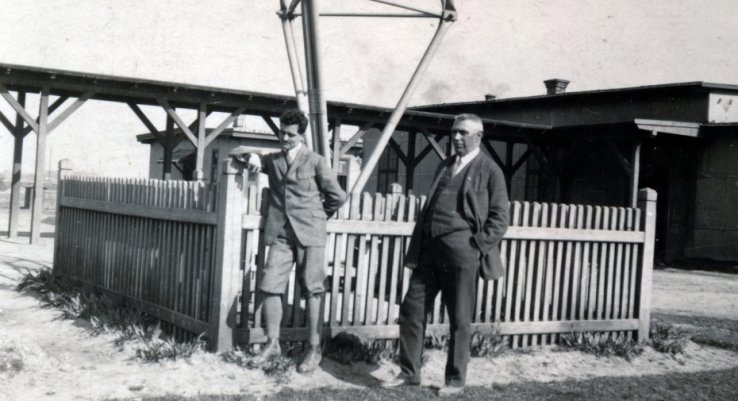


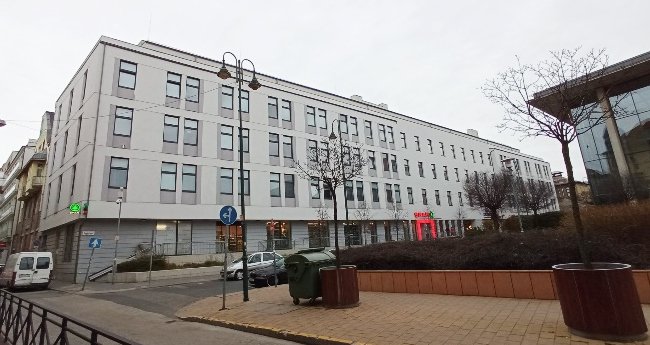
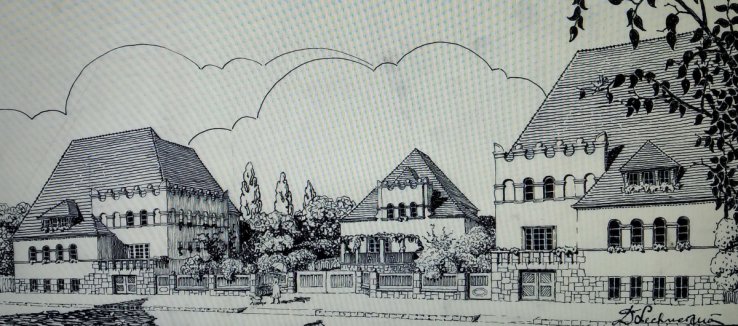
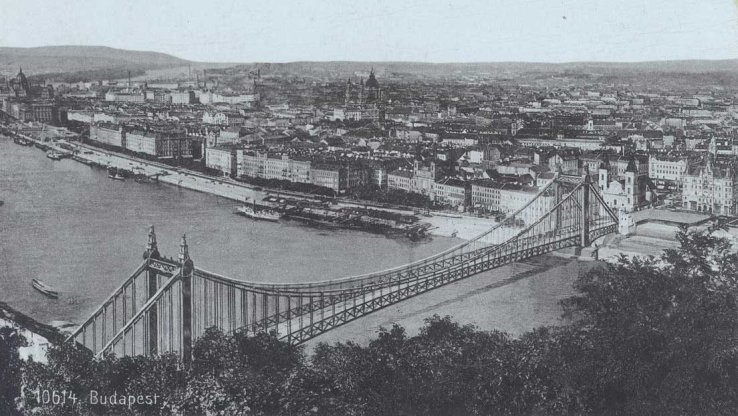
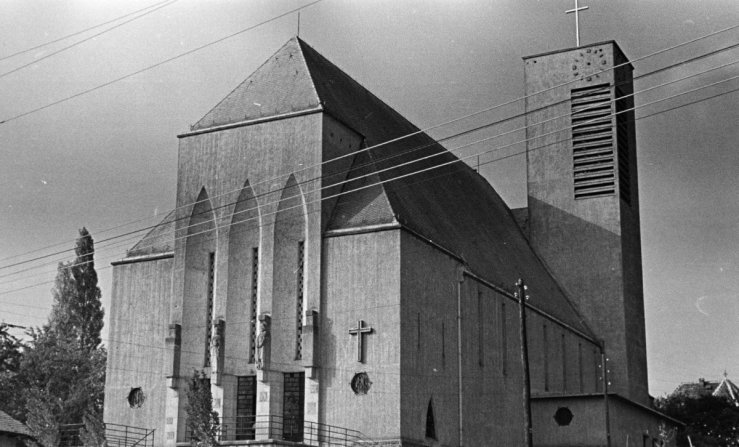

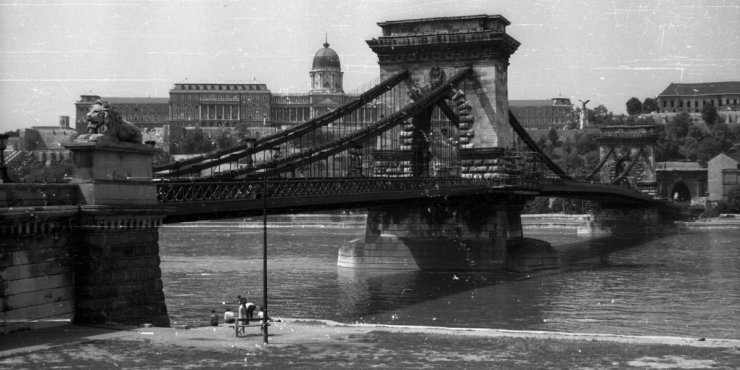
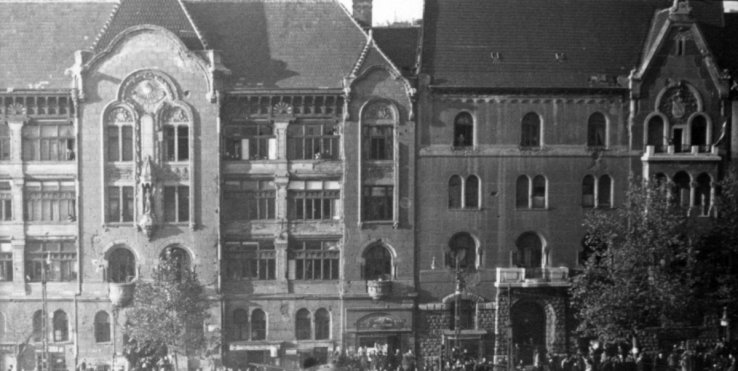
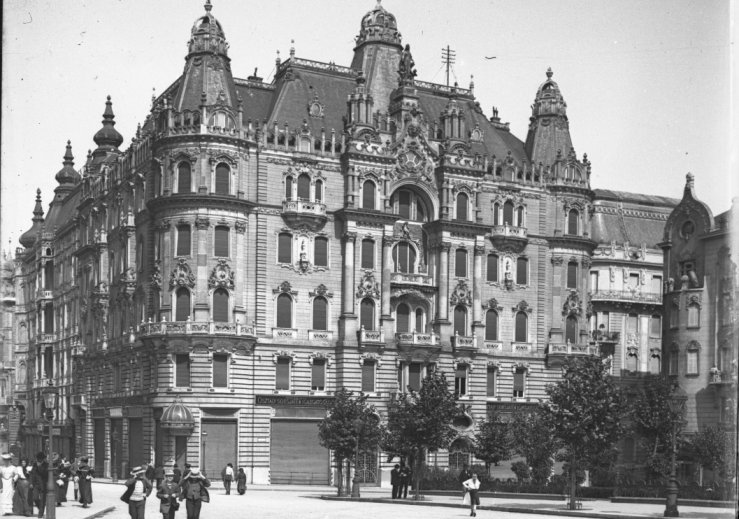
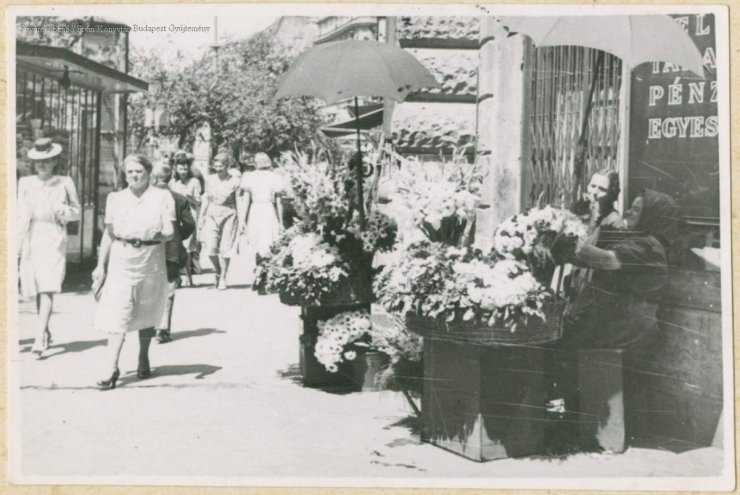
Hozzászólások
Log in or register to comment!
Login Registration